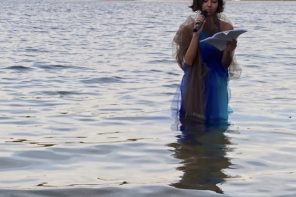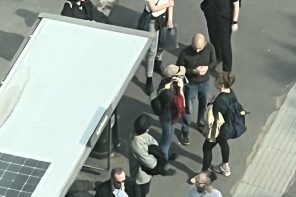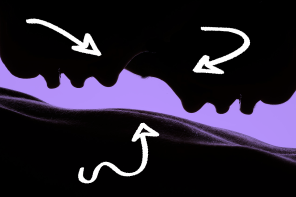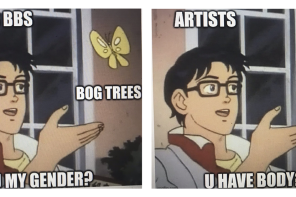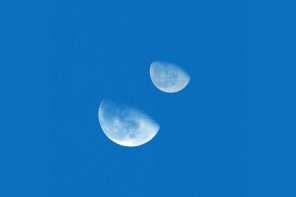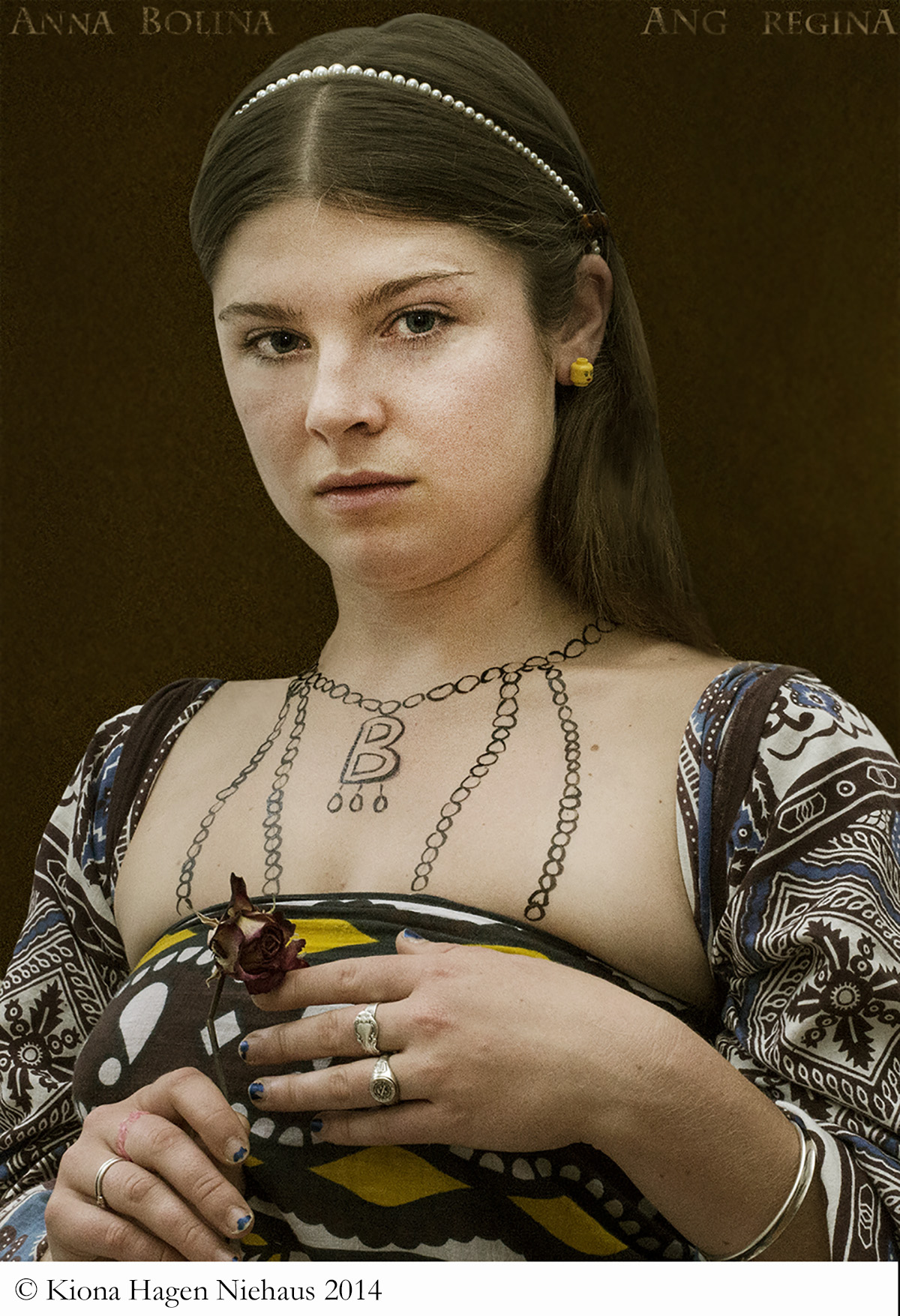for three voices is an eclectic score for a sonic/olfactory performance with three voices. the original score—which you find in the body of text below—included the refrain’s scent (spirit, rosewater, coriander, parsley) and was performed together with mandus ridefelt and lea rüegg on 30 November 2019 at grote kerk, groede (nl). the accompanying audio is sonically annotated with theoretical as well as anecdotal fragments of research into performances of enchantment and their relation to language and poetry, healing and world-making.
Audio version:
: humming melody :
mandus do you believe in magic?
lea what i say, my voice in the air, the waves i emit meet and influence the bodies that reflect it.
marc yes. a spell is a vibration emitted by our vocal chords.
a b c d e f g h i j k l m n o p q r s t u v w x y z juhee, da isch s’ganz abc, da isch s’ganz abc
mandus the alphabet. that’s what i was taught to see my voice through, the parcours i had to learn. the promise is that i can express everything i want after that.
marc a wicked technology, to cut the voice into pieces.
lea only just to put it back together in different ways to always end up with the same thing. kabbalistic simulations of eternal permanence.
mandus the tongues we use to speak are tongues that make us blush…
lea i blush because i have never seen a tongue arching more gracefully in the wet caves it is embedded in.
mandus i distrust those tongues and caves. their movements are predetermined, the echoes they produce already known. we blush because we want to believe we are still human.
marc we blush when we get to the frontiers of our reflexive mouthly twitches. we try to understand everything with the same set of gymnastics that produce words we already know. it is a loop.
mandus alchemy is following a recipe, but being able to adapt it to myself and to my surroundings. not to do again, but to continue. to continue is to care.
marc we need to be able to remember the ingredients to take care.
lea mix spirit and rose water, coriander and parsley essence. smell it. apply it to your skin. all of that is alchemy. all of that is care.
mandus if i memorise that, it becomes a spell. something i know. and i can do it. i only have to repeat its doing. it is not just words.
lea it is also a practice.
: spirit, rosewater, coriander, parsley,
stir and smell, smell and heal :
marc my mum taught me how to cook by teaching me a song.
lea that’s the magic. the permanency of attention and affection.
marc the precarious permanency as it is.
mandus magic is a dedication to the processual.
lea it’s like spelling a word. spelling and spells. the more i know about what it entails, the more potent it is.
mandus and those spellings and spells have to be kept somewhere. we remember them or sometimes we write them down.
marc in a grimoire. a practical grammar for doing. and glamour. they were one once. the archive, the instruction, the doing, the enchantment.
mandus what do you mean?
lea they are all the same thing. the way to use your mouth, the spirit with which you exerce your muscles and sculpt the vowels flowing through the larynx.
marc in order to sing together we need to also listen together and to each other.
mandus i hear you.
marc how many do we hear when our three voices join each other?
lea many years ago, a herbalist came by the farmers surrounding de seentis (1). with her tinctures, she could cure people and animals of their sicknesses. once, an evil sickness was in the land again and one after another the animals were dying. abe grad doo (2), when the herbalist was needed most, ischt si eefach niene före choo (3). but the apprentice secretly followed her i soll obe em voosommer (4) and could observe how she went to a meadow bim baritsch, onderem höchchaschte (5), that was full of flowers, but she only picked two and filled her bags with them. and he even learnt, that she was tuschuur (6) repeating a spell while collecting the flowers:
: halb arnika, halb meisterwooz,
halted ali süüche chooz :
mandus i am thinking about ethics. the boy starts earning money in exchange for the knowledge he stole from the herbalist. he wants more and more money and to increase his profit even more, he starts diluting the tinctures with sorrel and hay. and of course, the medicine is not medicine anymore.
marc and the farmers, because their cattle is dying, chase the boy away. some call the herbalist’s practice fö hitz ond brand tue. you’re not allowed to ask for a fee for your services.
lea only our mums taught us, and the apprentice stole it.
marc to do for heat and fervor. where does all the heat come from?
mandus it comes from fermentation. fervor and fermentation have something in common. further back, it even used to be *bhreu– i assume.
marc so magic is a sort of potion, something that has been brewed.
lea still, the heat. i know it is there, but it is also not.
marc it’s the fire as well as the egg. different qualities of the same thing. heat clearly does not always mean the same. but maybe we should understand it as a materially effective change.
lea the tongues we use to speak are tongues that make us blush…
mandus the wild yeast in the air mixes with our voices and makes them grow.
marc the material change is meaningful because it sets roots outside of the alphabetical.
lea some voicings are bitter or dark while others are sticky and overwhelming in their sugary volume.
marc it’s the creation and conscious casting of a temptation.
mandus a manipulation. something we do with our figurative hands. it is a craft. something that has to be learnt.
lea but that learning is so different from the learning we know.
mandus we can learn a great deal by looking at how things are built. words for example. and the way we write them, if we do. we use vowels and consonants.
lea and those have travelled a long way. how long does it take for one consonant to transform into another?
marc only one moment, where one is pronounced like the other.
mandus and vowels is breathing. but what we hear is not always the same breath.
marc our tongues and lips sculpt the breath travelling in and out of our body.
lea it has to do with breathing. consonants are regulating our breath.
lea so we’re projecting meaning onto that which is not breathing.
mandus that only works if what we understand as meaningful is abstract in the first place.
: a e, a e, i i i i i i,
o u o, o u o :
Words and Header Image by marc norbert hörler
marc norbert hörler is an artist and poet living in berlin and working with poetry, language, voice, spells, scent/perfume, alchemy, and performance.


